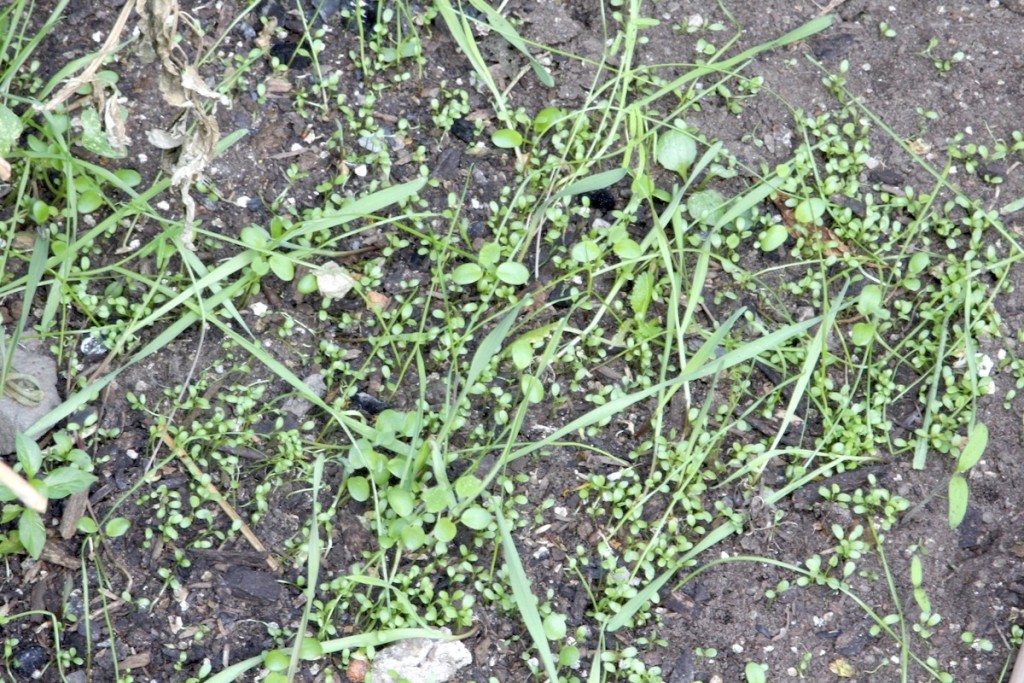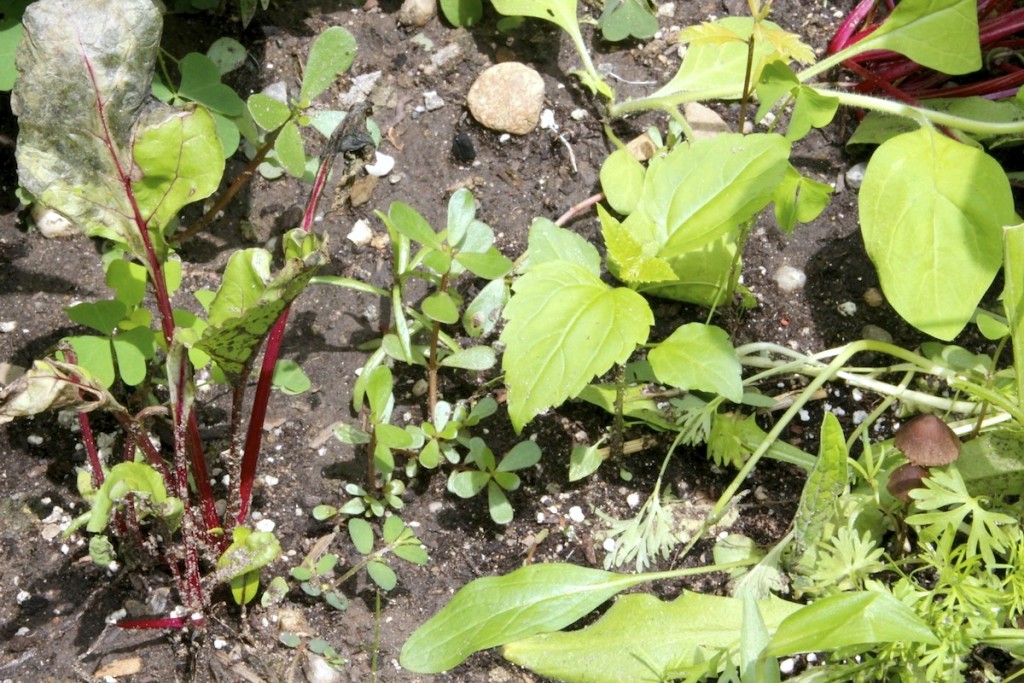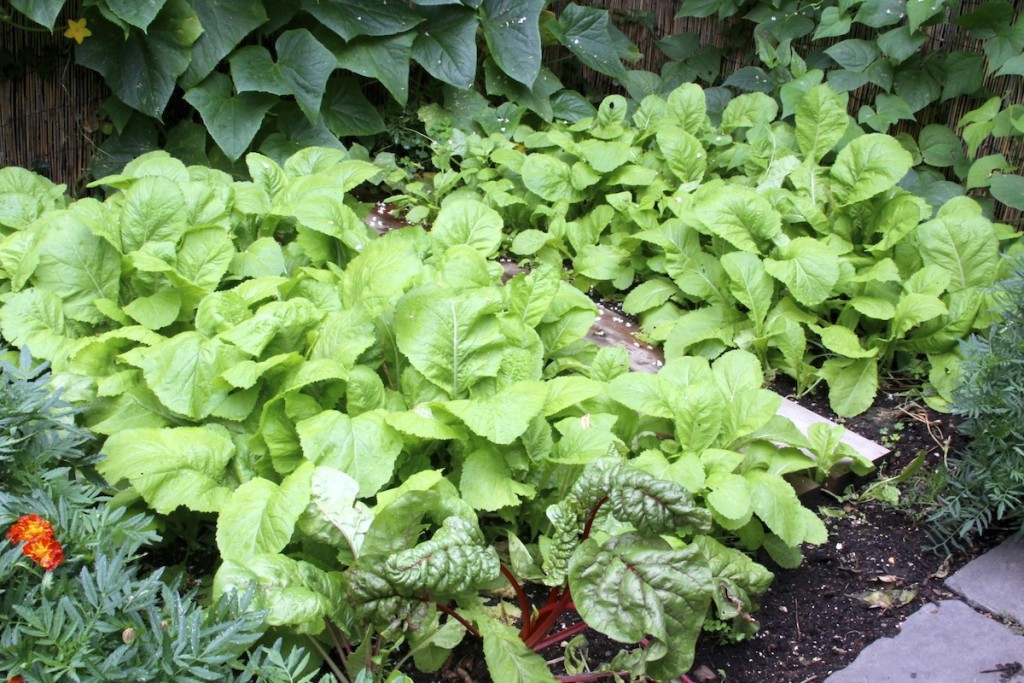There’s one spot in the garden beds that didn’t do as well as the others in terms of heavy metals on the soil tests. Through research, testing and various practices, I’ve been able to keep these metals out of the food we eat and out of our bodies. I am fully confident that these strategies are working. However, I’m still very interested in further reducing the issue and risk, and testing and learning along the way.
Introducing: Indian Mustard.

It’s been identified through environmental research to be one of the more powerful soil remediators:
http://www.ncbi.nlm.nih.gov/pubmed/12929493
http://www.epa.gov/tio/download/remed/henry.pdf

Phytoremediators are plants which reduce environmental contaminants. They can do this either by breaking down complex molecules into less toxic forms, or by pulling toxins out of the soil or air and store it in their tissues for removal. It would probably take years to reduce pollutants dramatically this way… but I have years 🙂 Since heavy metals are elements and therefore can’t be broken down, we can try using plants which pull the metals out of the soil and dispose of them safely. It will be an ongoing project. Next year we might try sunflowers, which are also phytoremediators.

Generally speaking, I take the following precautions in regards to heavy metals in this part of the garden:
- avoid growing leafy greens in this spot (the chard in this photo was soon moved to a container)
- push the pH towards neutral by adding lime and wood ash
- keep adding organic matter in the form of compost
- have the soil tested every year
- request a heavy metals test whenever I have to have blood drawn during a checkup which coincides with the growing season.
All of these methods help to allow us to grow what we eat in the city and still sleep at night. Every year, we improve the soil.